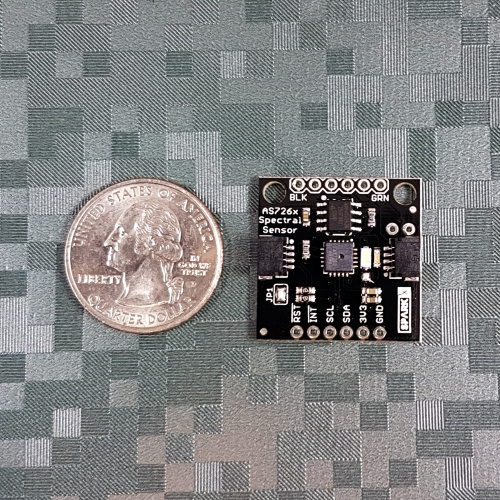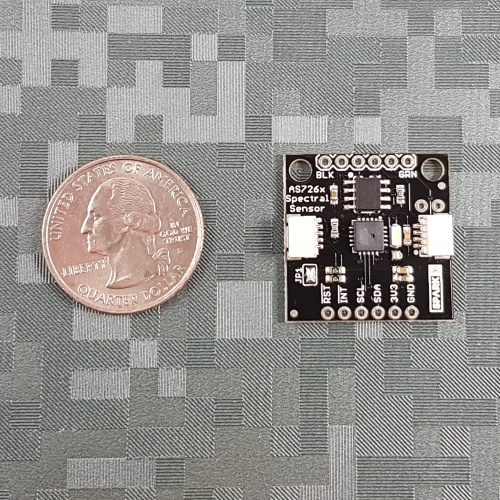Here at SparkFun, we love to take things apart and see how they work. The most recent product to catch our attention was the SCiO, a handheld molecular scanner small enough to fit in your pocket. SparkX, the SparkFun innovation lab, recently got its hands on some very affordable spectral imaging ICs, the AS7262 and the AS7263 from ams.
Seeing what could be done with such affordable technology, we wanted to find out what was required to take this concept to the level of consumer product. We bought our own SCiO and tore it apart to see what made it tick.
The SCiO has an interesting story behind it, filled with Kickstarter pitfalls, manufacturing setbacks and a continued drive to bring this technology to the hands of the masses. Read the story and see what technology is inside of the SCiO in our latest teardown tutorial.
SCiO Pocket Molecular Scanner Teardown
July 12, 2017
A teardown of the SCiO, a pocket molecular scanner.
Now that you've seen what's inside, what do you think about the SCiO? Do you think the consumer market is ready for pocket-sized molecular scanners? What types of data would you like to see collected with this technology? Share your thoughts in the comments below, and, as always, thanks for reading!








Now, I can figure out the colonel's secret recipe! muhahaha!
I know PCB real estate management is an exercise in compromises, but looking at the placement of that Bluetooth® antenna inside the massive copper heat sink makes me think there was a very disappointed RF engineer...
The Scio project really made me unhappy, especially the marketing. On the hardware side, I think it's a 12-channel NIR spectrometer (as the pictures show here), that has a range of (I think) around 700-1100nm. The AS7263 sold by Sparkfun above is a NIR sensor with 6 spectral channels and an easy-to-use interface, and Hamamatsu has a number of exceptionally powerful and tiny microspectrometers with ~128 pixels over VIS/NIR spectral ranges for around $200 ( https://www.hamamatsu.com/eu/en/product/category/5001/4016/index.html ).
The light emitter in the sensor has a blob of phosphor on it, usually not required for IR. Thus the Scio should be a visual light instead of NIR spectrometer?
Or is it the phosphor blob required for spread-spectrum IR because NIR LEDs are too narrow bandwidth? (I may be showing my ignorance here...)
The LED had me perplexed as well. It being there to spread out the light source is a good theory.
So from the teardown all the unit does is look at the reflected color of the test object.? If so you can purchase a used spectrophotometer off of eBay for about $200 which will do as much if not more.